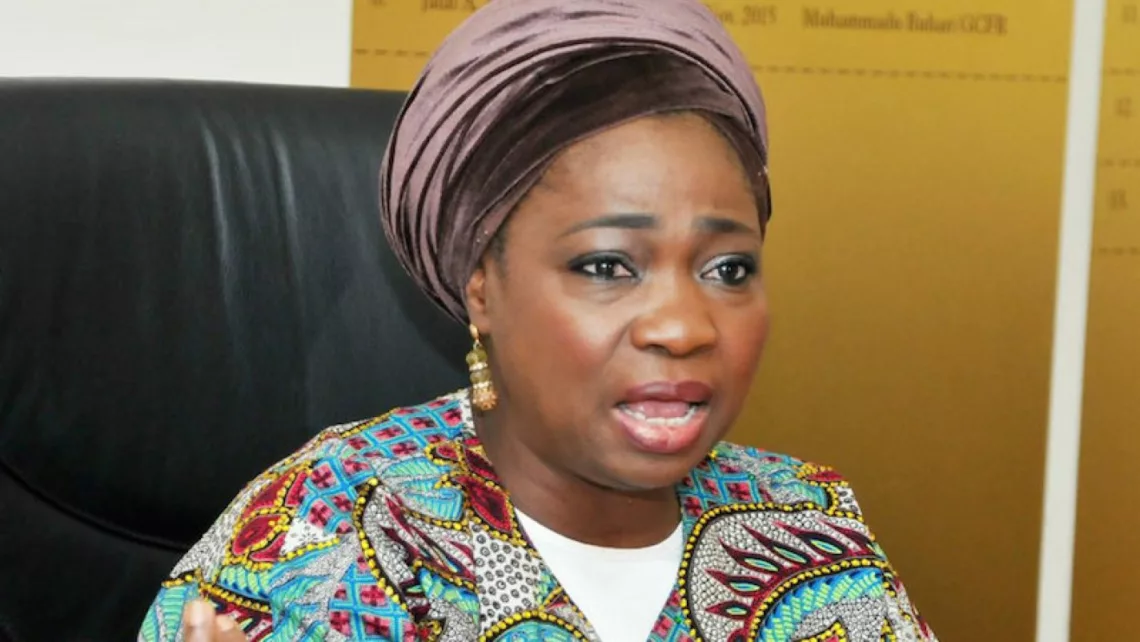Nigeria experienced a significant drop in diaspora remittances in the first quarter (Q1) of 2024, with total direct foreign exchange (FX) remittances falling to $282.61 million.
This represents a 6.28 per cent decrease from the $301.57 million recorded in Q1 2023, according to international payment data released by the Central Bank of Nigeria (CBN). The data shows an $18.96 million decline in remittances, highlighting the volatility in inflows during this period.
Direct foreign exchange remittances refer to money transfers from Nigerians living abroad to family members or other individuals in the country, facilitated through international money transfer operators (IMTOs).
A detailed breakdown of the remittance payments reveals significant monthly fluctuations. In January 2024, remittances increased dramatically to $138.56 million, up 75 per cent from January 2023’s $79.19 million. However, in February 2024, remittances plummeted to $39.15 million, a sharp 53 per cent decline from the $83.76 million recorded in February 2023. By March 2024, remittances dropped to $104.91 million, a 24 per cent decrease compared to March 2023’s $138.63 million. These figures indicate notable instability in remittance inflows, potentially influenced by economic conditions, policy adjustments, and other external factors.
In response to these challenges, the CBN has initiated several reforms aimed at doubling foreign-currency remittance flows through formal channels. The bank granted Approval-in-Principle (AIP) to 14 new IMTOs as part of this strategy. Speaking on the reforms, Mrs. Hakama Acting director of corporate communications at CBN, Sidi Ali, emphasised the bank’s commitment to removing obstacles that hinder formal remittance flows.
“We are driving progress to remove any bottlenecks hindering flows through formal channels permanently. We have a determined pathway and a sequenced approach to tackling all challenges ahead, working hand in hand with key stakeholders in the remittance industry,” said Sidi Ali. The CBN believes that increasing formal remittance flows will help stabilise Nigeria’s exchange rate, which has been historically volatile due to external factors such as fluctuations in foreign investment and oil export revenues.
In January 2024, the CBN issued a circular eliminating the cap on exchange rates quoted by IMTOs. Previously, IMTOs were required to quote rates within a -2.5% to +2.5% range around the previous day’s closing rate of the Nigerian Foreign Exchange Market. Additionally, the CBN introduced revised guidelines for IMTO operations, significantly increasing the application fee for an IMTO license from N500,000 in 2014 to N10 million, a 1,900% increase over ten years. The CBN also established a minimum operating capital requirement of $1 million for both foreign and local IMTOs.
The CBN has also set up a Collaborative Task Force with IMTOs to double remittance inflows. This task force reports directly to CBN Governor Yemi Cardoso. At a CBN roundtable during the World Bank/International Monetary Fund (IMF) Spring Meetings in Washington, DC, experts recommended measures to enhance remittance flows, including reducing transaction costs for the diaspora to encourage more forex transfers to Nigeria. Stakeholders also urged for Nigeria’s removal from the Financial Action Task Force (FATF) grey list, which they believe would reduce high transaction costs associated with remittance flows.
As Nigeria continues to navigate these economic challenges, the CBN’s reforms and collaborative efforts with key stakeholders aim to stabilise and boost remittance inflows, ensuring a more robust foreign exchange system.





